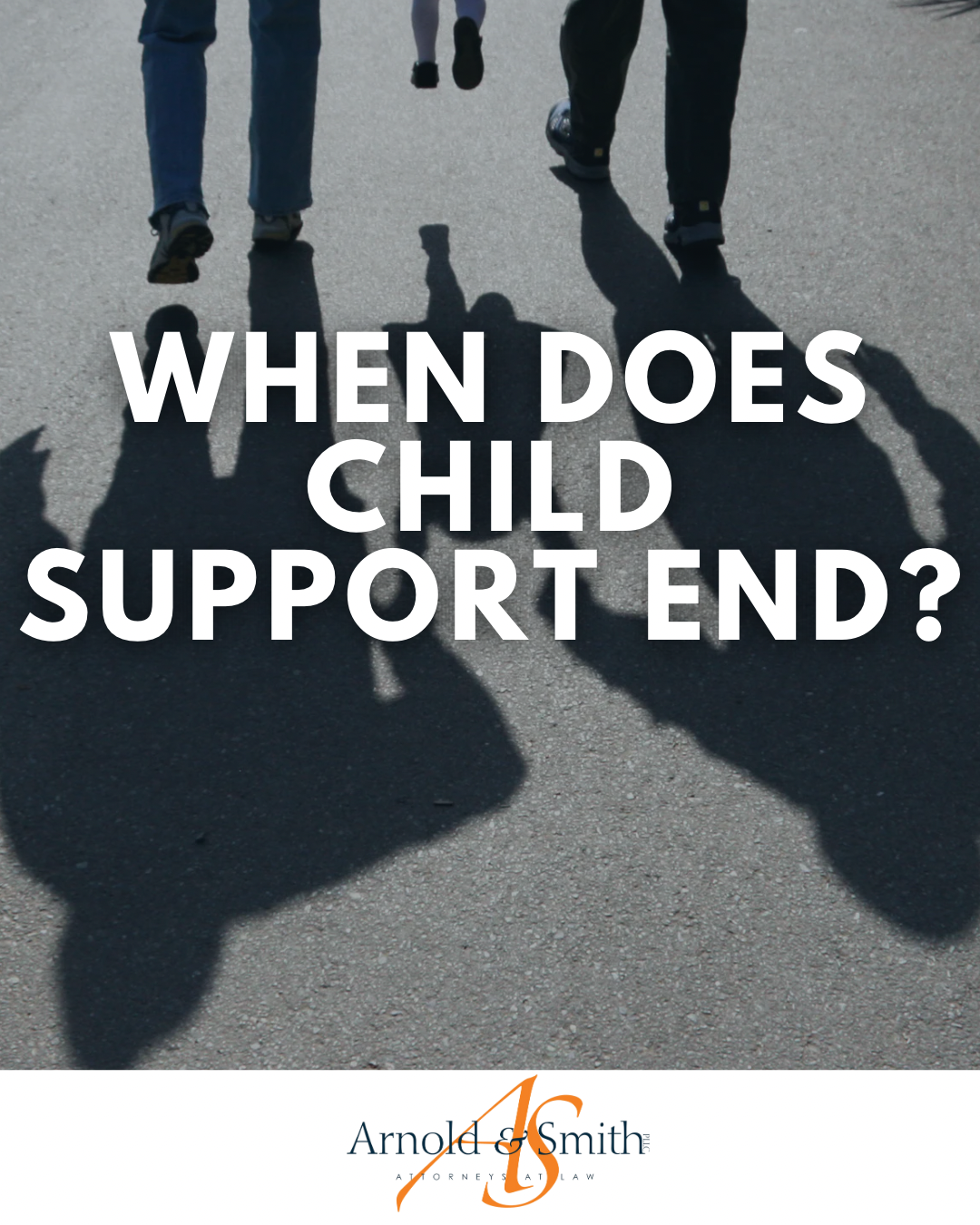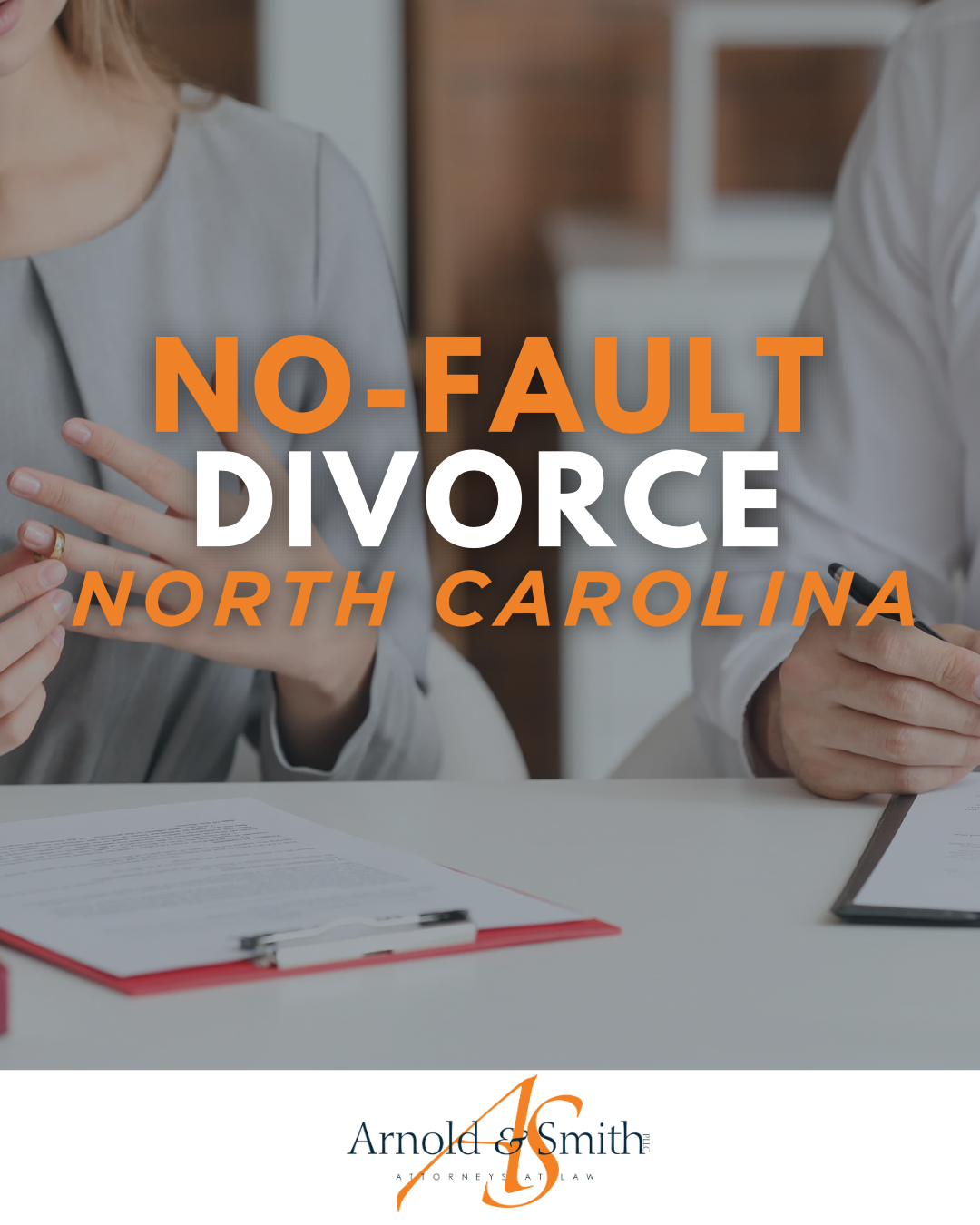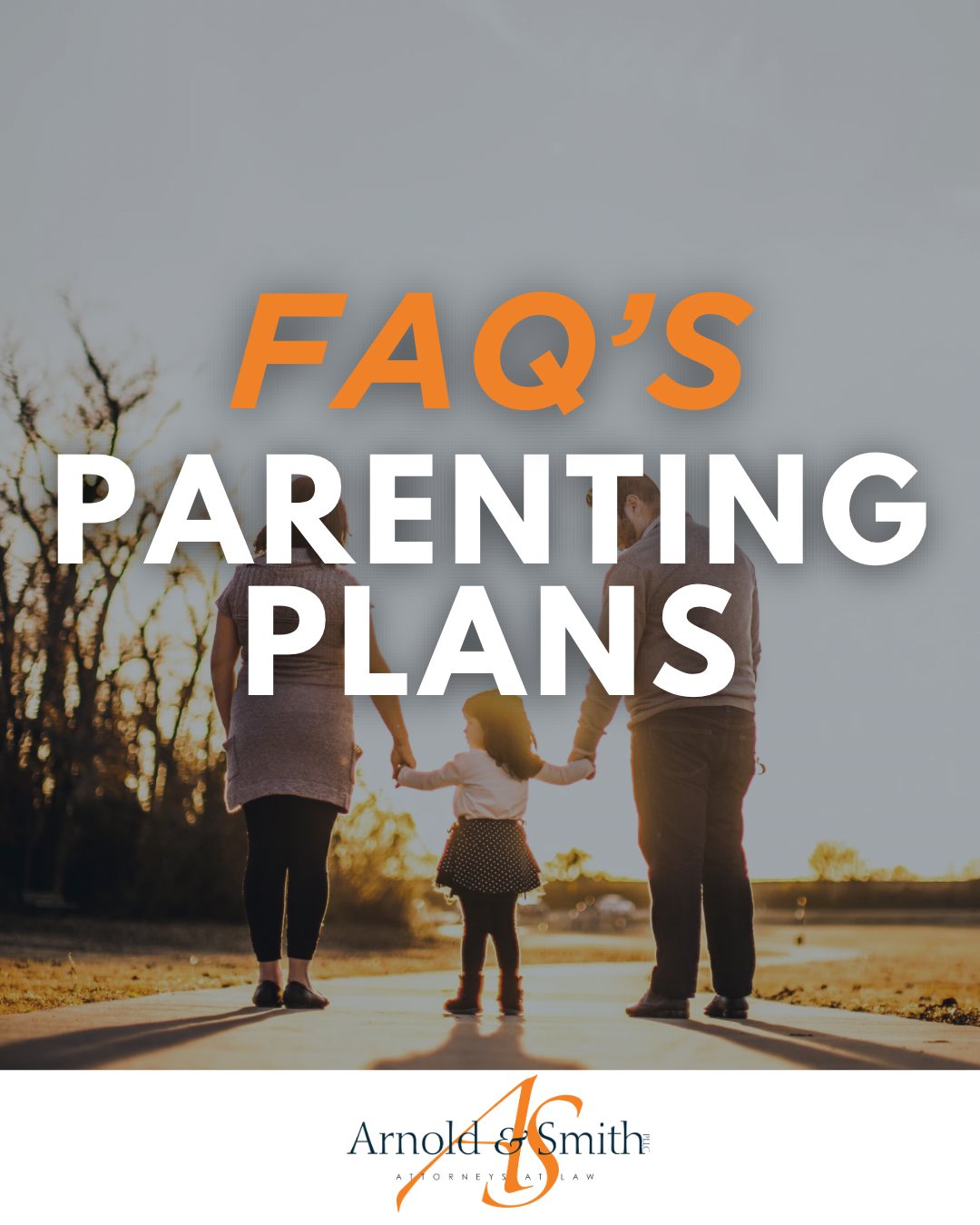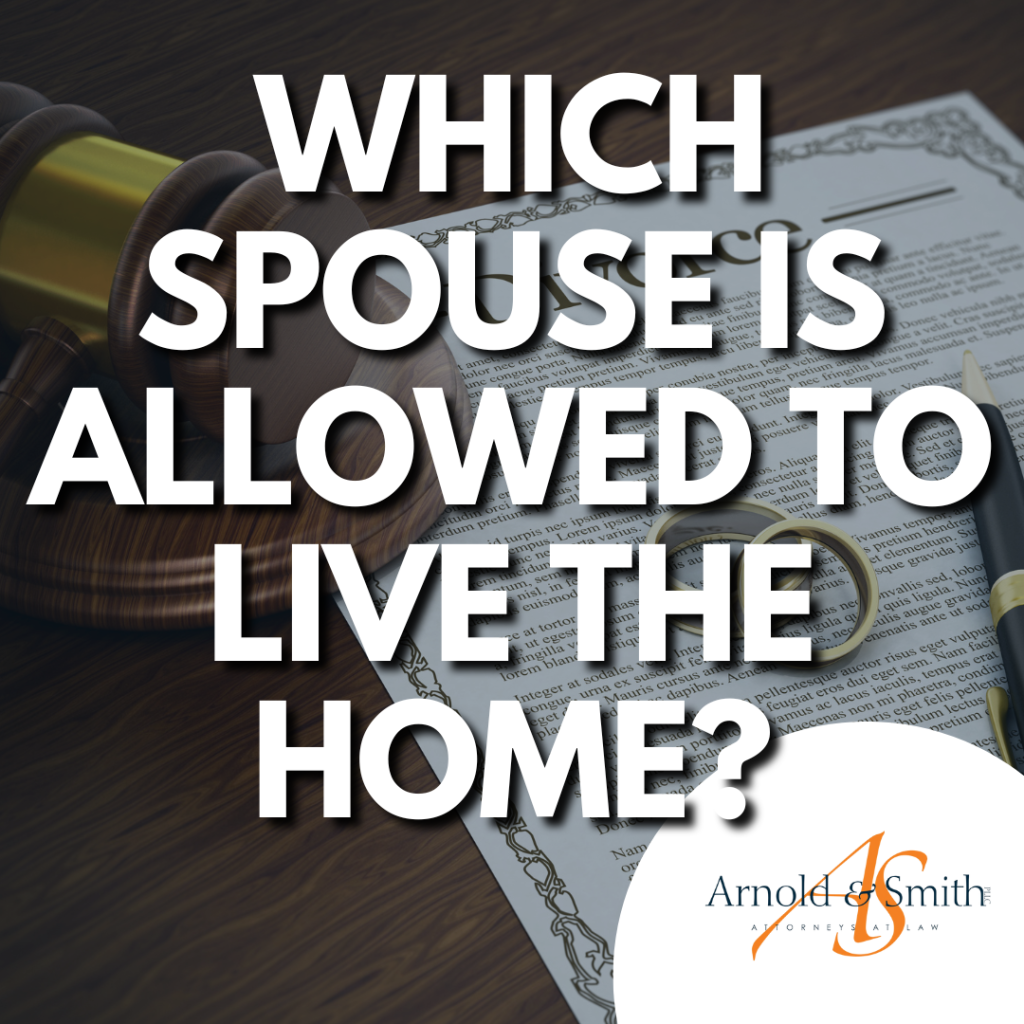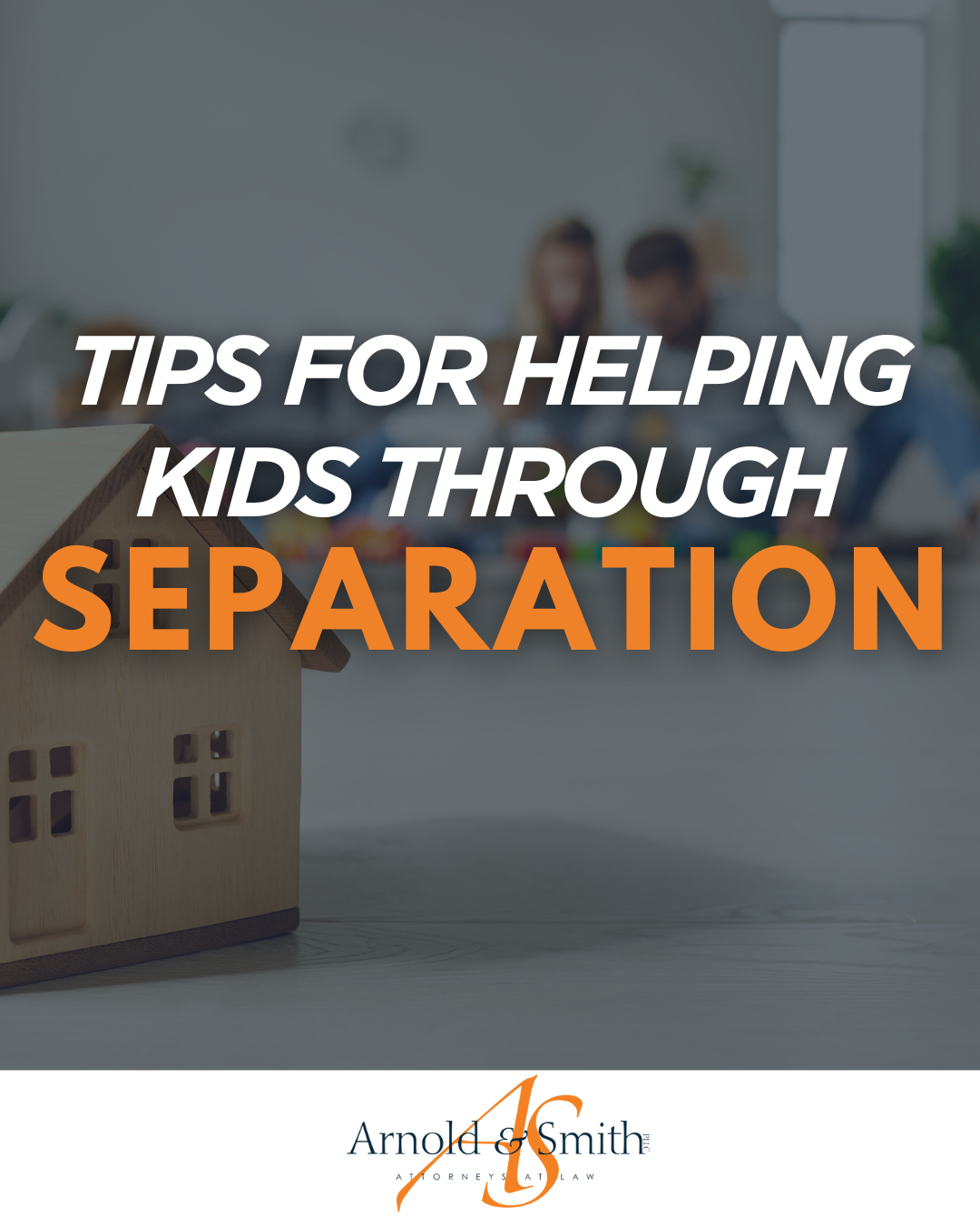 Tips for Helping Kids Through Separation
Tips for Helping Kids Through Separation
Separation and divorce can be a time of turmoil and uncertainty, especially for children. It is estimated that about half of all children come from divorced families. As a parent, you want to protect your children from the harm that could be related to dysfunctional or even harmful families. Sometimes, separation and divorce are the best ways to improve life for everyone.
Parents can help their children navigate the new family dynamic with some thoughtful planning.
 Charlotte Divorce Lawyer Blog
Charlotte Divorce Lawyer Blog











